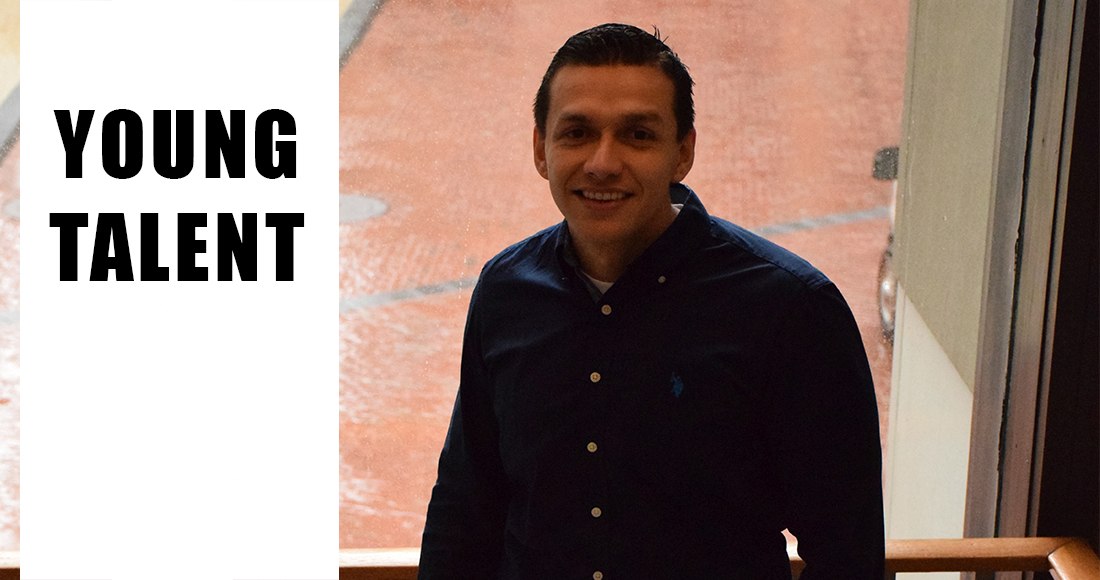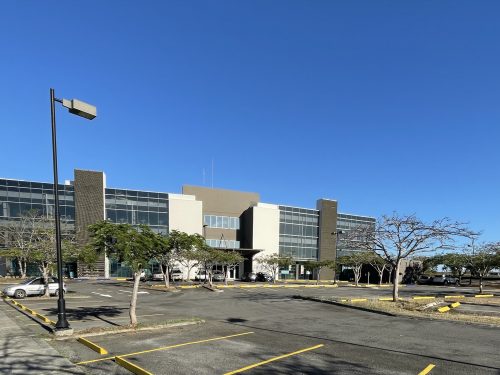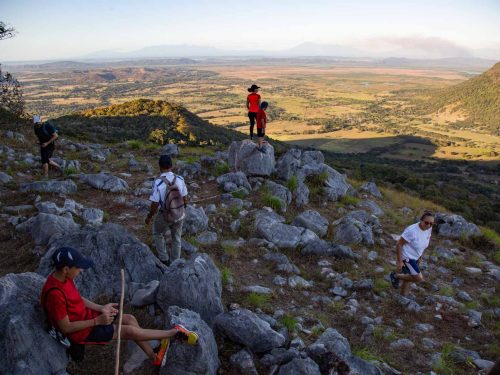
The president of the United States, Barack Obama, the creator of Microsoft, Bill Gates, and the founder of Facebook, Mark Zuckerberg, are some of the figures who have passed through the halls of Harvard, the prestigious American university, just as Nicoyan Andres Cardenas is doing now.
At 27 years old, Cardenas is doing post-doctorate studies in the Laboratory of Human Environmental Epigenomics at Harvard University. He also completed a bachelor’s degree in biochemistry and biophysics, a master’s degree in biostatistics and a doctorate in public health at Oregon State University.
The Voice of Guanacaste spoke via Skype with the Nicoyan, who, after growing up in the La Cananga neighborhood, now resides in Boston, Massachusetts.
What do you think of the limited higher education opportunities that young people have in Guanacaste?
I think there is plenty of young talent and there are very capable people. There are people who are very outstanding intellectually in Guanacaste. The problem is access to better education and better opportunities. There are people who work very hard, but sometimes there are not many opportunities. We are very far from the capital.
As someone who was able to study abroad, do you believe there are enough opportunities for scholarships so that Guanacastecans have the possibility to leave?
My parents did help me quite a lot. My family never had much money. My mom was a teacher at the agricultural high school in Nicoya and my dad worked with sugarcane at Catsa. They did sacrifice and they helped me a lot. And then after I got the master’s, there were projects in the doctorate program that funded me almost 100%. For me, it would not have been possible without the support of my parents. I think the government is offering more opportunities, but they are scarce, especially in Guanacaste. A good strategy is that Costa Rica has very good state universities. Then what I have seen is that they cross the high school diploma with a university in Costa Rica, and there at the university, opportunities are presented to go abroad. Here in the United States, it is easier to get scholarships after finishing high school.
What is your assessment of Guanacaste’s public health system?
I have not had the opportunity to work with the Costa Rican Social Security Fund health system, but international studies classify Costa Rica as having a high level of access to healthcare. I think that is true in Guanacaste. Yes, we are farther away from the major centers, from hospitals, where people who need a certain specialty need to go to San Jose, but in general, Costa Rica and the province have very good access to the health system. Guanacaste is a bit different from the rest of the country since we have very rural areas where access is very difficult.
As part of your research work, and being a Nicoyan, have you analyzed the characteristics of why Nicoya is a blue zone?
I have not had the opportunity to work on that. The scientific system teaches us that it is very difficult to draw conclusions, but from some of the studies that have come out, there are genetic agents that help people live longer, but genetic factors do not explain much about the variation in how long people live. Some of the anthropological conclusions are the system of family unity, people live very closely knit and everyone knows each other. It seems that this helps to explain why people have greater longevity. One sees that growing up there.
For what Guanacaste issues should the government invest in scientific research?
In Guanacaste, and it is something that I am very interested in, it is in the use of agrochemicals. As we have so much in the area of livestock, sugarcane and other agricultural production, pesticides are something one relates with Guanacaste since they fumigate sugarcane farms and fields. So the use of pesticides’ impact to health is something to which attention should be paid. A little bit of research has been done by Social Security due to the epidemic of kidney disease in Guanacaste. There are several hypotheses that it could be the environment, pesticides or dehydration, so it is an area that is a priority. More needs to be invested in research.







Comments